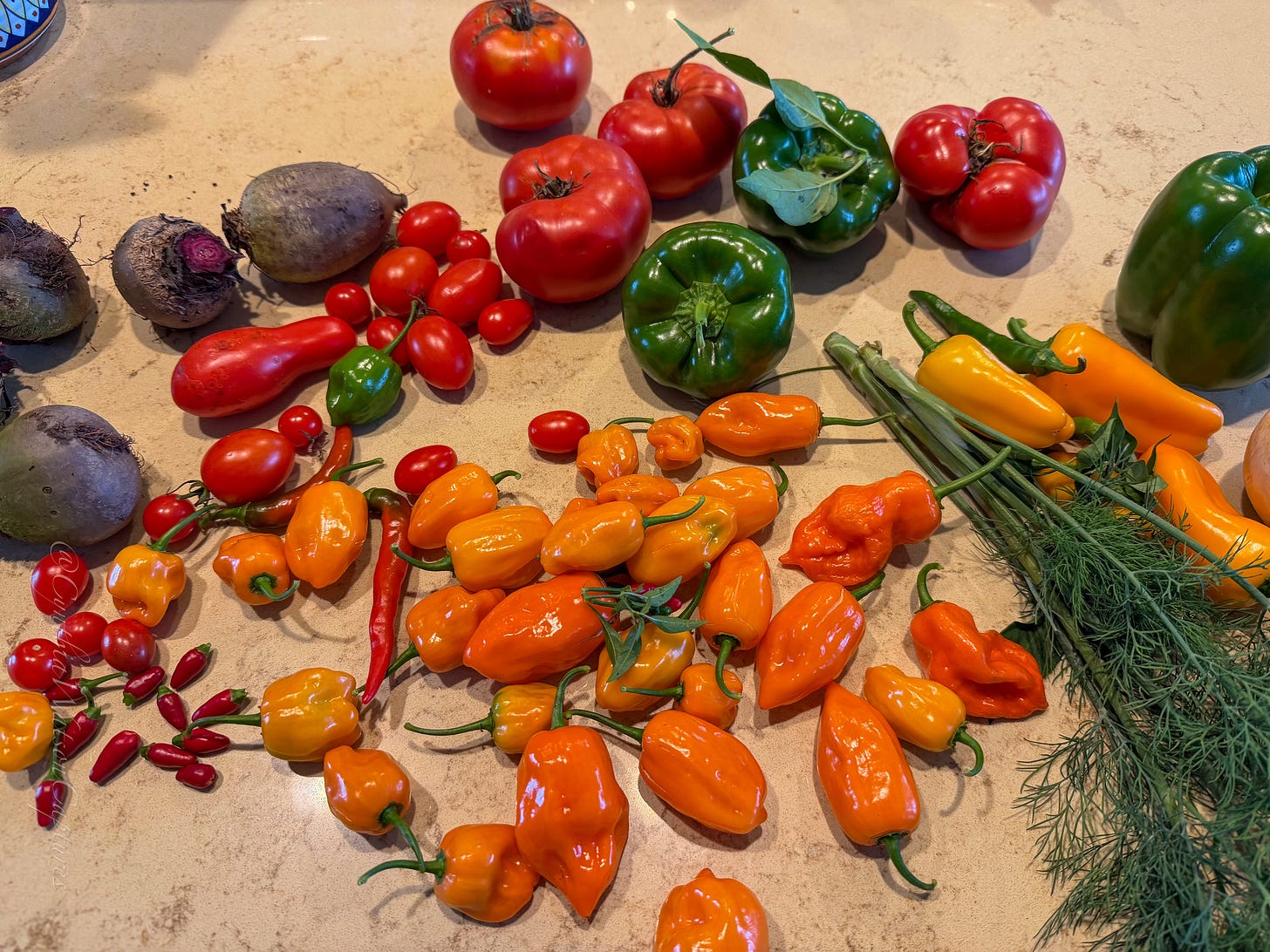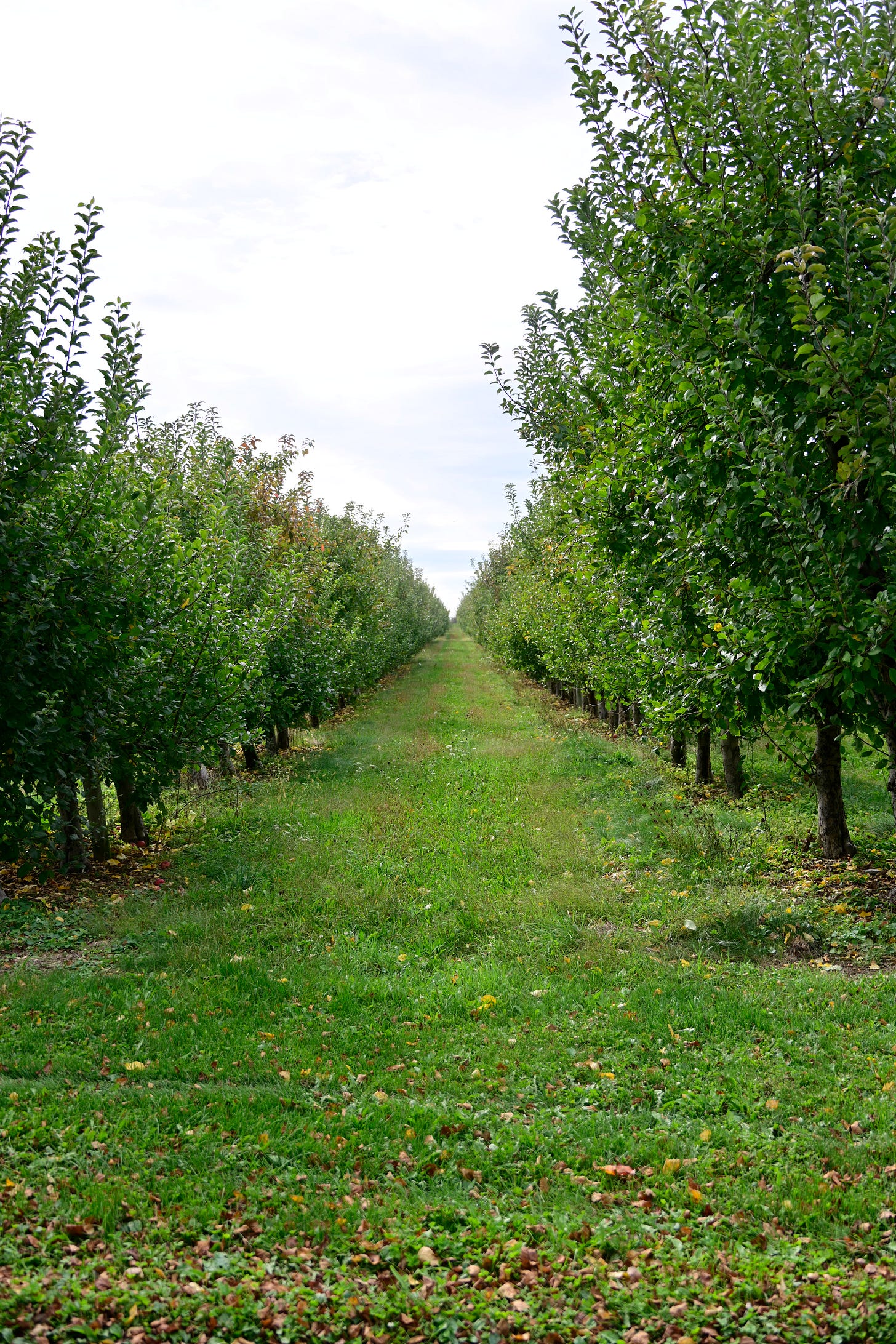Typing Trace Kelsey rather than Travis Kelce in Wednesday’s column was embarrassing, to say the least. Anyway, let me start by noting I most definitely know the KC player’s name, though my fingers don’t always cooperate as I do my columns…I am also glad so many of you shared your Kansas City experiences, barbecue or not.
Today, I reflect on Venezuela’s tragedy because it reminds us of the profound dangers in assuming democracy is more deeply embedded in a society than necessarily true. The result, of course, is that ensuring this when a society tries to claw back participatory democratic values can be bloody hard, if not impossible.
Strong man rule characterized the first hundred and thirty years of independent Venezuela, perfecting the exploitation and personal aggrandizement as so many Latin leaders did after throwing off Spanish rule beginning in 1810. Venezuela was a backwater in the region, certainly before the discovery of petroleum towards the final decade of the nineteenth century, so it did not matter much. The country barely progressed beyond Spanish exploitation of natural resources, replacing the pockets of large landowners with those of the Crown, which hindered social mobility and economic expansion.
The petroleum-rich country in northeastern South America embraced a radical experiment in 1957, as did Colombia, under power sharing by design between two major political parties. The goal was to embed the parties in the national ethos, each committed to political philosophies and economic approaches to build a more representative, upwardly mobile society based on the incredible wealth petroleum provided. Indeed, newly democratic Caracas is often remembered as the galvanizing force behind the 1960 creation of the Organization of Petroleum Exporting Countries (OPEC) to return the profits to the pueblo venezolano.
Under this power-sharing arrangement, one party would surrender the presidency to the other every four years for roughly five election cycles. After several election cycles, surely democratic rule and the natural process of political participation and shared power, based not only on assigned outcomes but also on popular voting, would be firm.
By 1980, Venezuela was indeed a relatively healthy democratic system, drawing thousands of poor, dislocated Colombians across the porous border of the Cu’cuta River into the safety and relative prosperity of a healthy nation. In 1980, I recall hearing that 2 million Colombians were illegal migrants seeking Venezuelan sanctuary.
Unfortunately, bad habits of governance die hard or resurface, depending on one’s perspective. By 1983, Caracas had become a poster child for the Latin American debt crisis, unable to repay the millions of dollars foreign investors lent the government for infrastructure development. Those loans initially occurred as petroleum prices surged in the late 1970s and early 80s, only to fall as production and consumption elasticity kicked in. Venezuela, Argentina, Brazil, Mexico, and most other Latin American countries could not generate sufficient income to pay their debts as export revenue fell, creating harsh political realities.
Venezuela, through the 1980s, tried to negotiate with the International Monetary Fund and banks. For much of the world, the IMF has always been synonymous with Washington, thus we are seen to be behind harsh austerity blueprints (even when we don’t conform to the advice we give). By the end of the decade, the Fund imposed harsh conditions intended to teach the country to live within its means rather than borrowing money rashly with little, if any, hope of repaying lenders. The government responded to this foreign-driven austerity by withdrawing subsidies most Venezuelans had learned to expect for food, energy, and the overall lifestyle.
Food panic and riots erupted in 1989 as the public asked where the loans had gone and why a state so rich in carbon resources was broke. The government, of course, offered few honest answers, as politicians from both primary parties dating back to the 1950s were guilty of amassing great personal wealth while ignoring their commitments to the people. The Venezuelan experiment teetered for another few years.
In 1992, frustrated Army officers failed to overthrow the system, but this marked the first armed attempt at seizing power in many years. One incarcerated colonel, Hugo Chávez Friás, served his sentence but then ran for the presidency against the traditional parties in 1998, winning an unexpected but decisive victory on the shoulders of the dispossessed.
Chávez Friás was a populist who blamed U.S. presidents, particularly George W. Bush, for the exploitation conducted as much by the ruling class as by foreigners. As he attempted to diversify Venezuela’s sales of petroleum beyond primarily the United States, he took on a Robin Hoodish patina for the increased number of poverty-stricken citizens looking for scapegoats. Chávez Friás courted petroleum-linked loans from China while trying to establish a “Bolivarian Revolution”across Ecuador and Bolivia, where regime leaders with similar populist nationalist rhetoric ruled. The Venezuelan won two presidential elections but with narrowing margins as his rhetoric became ever more authoritarian and populist; yet many poor saw him as a national savior for standing up to foreigners, who were deemed the cause of exploitation.
Chávez Friás, unsurprisingly, became enamored with advocating grandiose national projects he alone could accomplish, similar to those of failed generations before him. Simultaneously he allowed the petroleum industry with its ties to foreigners to languish; by his death from cancer in March 2013, the country had abandoned its forty-year experience with democracy. Although his successor, Nicola’s Maduro Moros, served as a senior figure in external affairs and as Vice President between 2006 and 2013, opposition figures and foreign observers viewed him as a political hack with no governing experience, a man attempting to perpetuate a failing legacy inherited from Chávez Fri’as.
This second dictator has never been as capable as the cashiered colonel, but he is in the middle of his twelfth year in power because he increasingly relies on his own thugs to suppress those who are turning against him. Maduro Moros’s opponents are, of course, primarily domestic, even though he inherited some level of popular support by being the Vice President (and heir) to Chávez Frias. Support for any and every political figure, movement, or idea fades—even if it takes a decade—when the individual proves unable to deliver on promises. People are fickle.
Maduro Moros claimed the Barack Obama and Donald Trump regimes sought to eviscerate Venezuelan sovereignty by ousting him, providing justification to increase authoritarian steps to stamp out domestic opposition. He continues holding purported “elections” but rigs them in his favor while harassing opposition candidates and supporters. This year’s Nobel Peace Prize winner, María Corina Machado Parisca, undoubtedly won the award for her courageous stance not only against Maduro Moros as a dictator but also for condemning authoritarianism as the governing principle for any country. She has been underground to prevent arrest for months.
Reports in reputable international news sites earlier this week claim that President Trump seeks to oust the Venezuelan dictator; I only know what I have read, but the U.S. attacks on illicit drug networks tolerated, if not blessed, by Caracas would seem in line with this desired outcome. A press discussion from the Oval Office Wednesday spoke of Mr. Trump’s concerns about illegal Venezuelan migrants emptied from jails and drug trafficking. Concerns about the Venezuelans consorting with Beijing over the past two decades cannot be out of line for some analysts as well since China’s lending and petroleum incursions in the South American country have been substantial.
According to the Migration Institute, 770,000 Venezuelans were in the United States as of 2023; these people—illegal and legal—constitute fewer than 2% of the migrants in the United States. The bulk reside, unsurprisingly, in Florida which may explain Secretary of State Marco Rubio’s interest in the question. It was impossible to find authoritative data on how many, if any, of the migrants were out of jails.
Presidents of Venezuela have not liked our leaders nor we them for a long while. Today Venezuela is a broken country but one that worries our leadership. Is it ours to fix, however?
Machado Parisca could be a successor to Maduro Moros, but other Venezuelan opposition figures likely would contest such a foregone conclusion. Indeed, one of the effects of almost thirty years of populist and increasingly anti-democratic rule in the country is not only a broken economy but also a discombobulated political opposition. Many wealthy Venezuelans, who could support rebuilding a political system with the intention of achieving a different outcome than last time, long ago emigrated.
The question Americans must ask is what our role would be after ousting Maduro Moros? The American First perspective does not imply tolerance or aspiration for nation-building, yet this country of 31 million needs much modernization to support whoever comes next as leader. Additionally, citizens of other countries seeking leaders for reinstalling participatory democracies may not see us as the most obvious model of late.
Further, suppose our concerns about Venezuela actually emerge from recognition that narco-traffickers relocated to this decaying morass. In that case, one has to be certain that these purveyors of drugs, people, and arms are indigenous to a single location. That would not seem the case with ample evidence that illicit trafficking of all sorts is a global phenomenon, much of it linked to Putin’s Russia, where our ties are muddled at best.
In short, history provides some evidence that a post-Maduro Venezuela could as easily fall back into the hands of another odious figure determined to return the country to an authoritarian trap while milking its dwindling resources. How often have we forgotten that things can always deteriorate rather than improve when a “bad guy” departs the scene of their crime?
More relevant is the import that participatory democracy requires care and feeding, as single-man rule resurfaces despite decades or even centuries of seeming commitment to a more open system. The lesson is that elites of any persuasion are by nature a small portion of any society—that is what the term means, of course. Those elites across the world have fallen prey to the hubris of misunderstanding that violence, frustration, swinging loyalties, and demands for action to advance their interests can make for a messy country, no matter who or where.
I welcome your thoughts on how we ought address Venezuela; I don’t have all of the answers but I know you recognize it may affect us in Britain, Europe, Australia, or North America. Please chime in as the point to Actions Create Consequences is to expand our conversations through measured and civil dialogue.
Thank you for taking time to read this or any other column. I write them for you. I appreciate those subscribers who support my work financially as it offers me greater opportunity to read broadly.
We spent forty-eight glorious hours in southern Pennsylvania this week. I had the privilege to commune with Labrador Retrievers, several breeds of chickens, deer, and most importantly dear friends. I leave you with picture of what makes us so lucky to live in this country—the bounty of our land. The top picture is from the garden while the apple trees run for miles nearby.
Be well and be safe. FIN
Ana Alanis Amaya and Jeanne Batalova, “Venezuelan Immigrants in the United States”, Migrationpolicy.org, 6 February 2025, retrieved at https://www.migrationpolicy.org/article/venezuelan-immigrants-united-states
Joceelyn Sims and Jesse Romero, “Latin American Debt Crisis of the 1980s”, FederalReserveHistory.org, 22 November 2013, retrieved at https://www.federalreservehistory.org/essays/latin-american-debt-crisis
Michelle Stoddart and Lalee Ibssa, “Trump confirms he’s authorized CIA operations in Venezuela, looking at land strikes”, ABCNews.com, 16 October 2025, retrieved at https://abcnews.go.com/Politics/trump-confirms-authorized-cia-operations-venezuela-land-strikes/story?id=126563281



